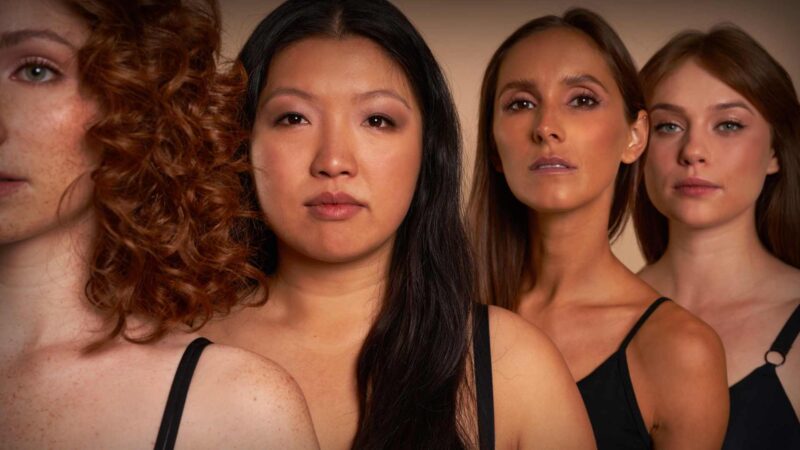Commencing a new series called Pioneers in Health Care, is an interview with Professor Jeremy Chapman AC who for over 30 years, has been involved in nephrectomy, or kidney transplantation.
Honoured “for eminent service to medicine, particularly in the areas of clinical and biomedical research, to the development of ethical policy and practices for organ donation, acquisition and transplantation, and to renal medicine organisations and publications, Jeremy Chapman AC has played significant roles in development of kidney, pancreas and unrelated Bone Marrow Transplantation in Australia.
He has been responsible for global development of ethical transplantation through The Transplantation Society, the World Marrow Donor Association and through advisory roles to the World Health Organisation. He is identified as one of the most influential global leaders in the field of clinical transplantation.
Credit: Australian Academy of Health and Medical Sciences
In September 2022, Western Sydney’s Professor Jeremy Chapman was bestowed the prestigious 2022 Medawar Prize on-stage in Buenos Aires, Argentina.
The Medawar Prize, awarded biennially since 1990 and named after Society co-founder Sir Peter Medawar, is globally recognised as the most prestigious award for excellence in Transplantation Science and Jeremy is “surprised and honoured” saying “not many people get this award so it’s a true delight”.
The award recognises outstanding investigators whose contributions have profoundly influenced organ transplantation.
Professor Chapman has dedicated much of his career to clinical care and research at Westmead, since commencing as a renal physician at Westmead Hospital in 1987. He has worked as Director of Western Renal Services, Westmead Hospital’s Director of Medicine and Cancer, as well as the Director of the Westmead Hospital Foundation, Chair of the Westmead Research Hub Council and member and deputy chair of the board of WSLHD.
In the early days of transplantation long-term care of transplant patients was mostly undertaken by transplant surgeons but as both the numbers and the complexity of transplantation increased, Professor Chapman was amongst the vanguard of renal physicians that focussed, as a physician, on care of patients after their transplant.
“It’s been an interesting road of discovery over time, but also a major transformation in the outcome for our patients,” Professor Chapman said.
“When I was first involved in 1978, we thought a 60% success rate at one year after a transplant was pretty good, even when choosing the very best patients to transplant, now, we would expect more than 90 or 95% success rates in much, much older and sicker patients.”
“Australia has been a great springboard for global activity, so it’s worked out very well to be working in Australia to impact on transplantation globally.”, according to Professor Chapman.
You Might also like
-
Confronting picture of growing women’s health crisis in uterine cancers
Uterine cancers have become Australia’s fastest-growing women’s cancer, with incidence doubling over the past 25 years and projected to continue to surge. Without immediate action, more than 44,000 women are expected to be diagnosed by 2035, and 8,900 will lose their lives to the disease.
Released November 2025, Australia’s first State of the Nation: Uterine Cancers in Australia 2025 report by the Australia New Zealand Gynaecological Oncology Group (ANZGOG), reveals a confronting picture of a growing women’s health crisis that has gone largely unseen and one that now requires immediate, coordinated national action.
-
Study: First time stroke survivors have substantial immediate and accelerated long term cognitive decline
New evidence from the Centre for Healthy Brain Ageing (CHeBA) indicates that older adults who experience a stroke for the first time will have substantial immediate and accelerated long term-cognitive decline.
-
Contrasting Population Needs and Alternative Funding Models
Dr Jaspreet Saini is a GP with a decade of experience, practicing in West Pennant Hills and Rooty Hill, New South Wales. He began his medical journey at Monash University, followed by internships and residency at Blacktown Hospital, in Western Sydney. Instead of confining himself to a single specialty, he pursued general practice to explore various facets of medicine.



